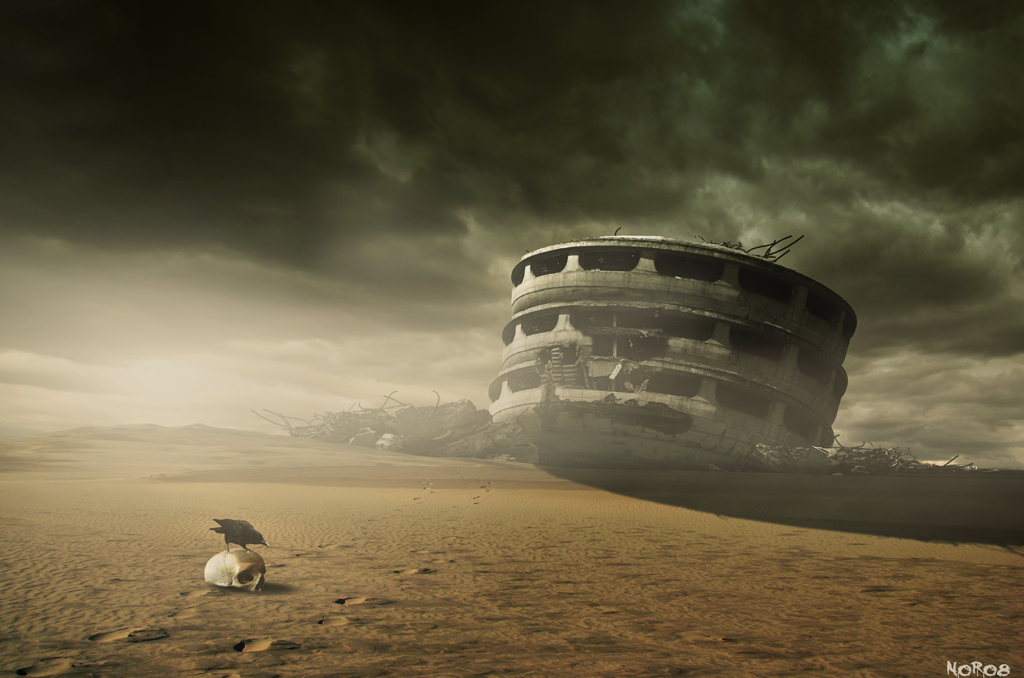A Hundred Millennia From Now
Jun. 3rd, 2023 10:57 pm I need a little help from my readers for a fiction project in the early conceptual changes.
I need a little help from my readers for a fiction project in the early conceptual changes. I'm trying to find accurate information about the enduring legacies of modern industrial civilization. Assume that our civilization circles through the normal cycle of decline and fall. Assume that ordinary history continues for the next hundred thousand years or so. Assume that ordinary ecological and climatic cycles, perturbed by our current mess, return to normal in a reasonable period of time and persist for that same very long period. What traces will remain of the earth's first global technic civilization?
What I would like, if any of my readers can point me to this, are some easily accessible written sources by geologists and other people literate in the earth sciences which address this. Yes, I'm beginning to draft a story set in the far future; no, it's not going to be the fake future of so much bad science fiction, in which today's mental and cultural habits remain frozen in place across the ages while technotrinkets lurch into ever more elaborately predictable forms. We never went to the stars, nor did alien space bats ever come to visit us; life has continued to evolve; today's industrial society, the legendary First Technate, is a dim presence long since fallen out of mythology, and recalled only in fragmentary surviving records from less prodigiously ancient societies.
Oh, and there's a new ice age on, though the glaciers are slowly beginning to retreat. Fun times!
If any of you have scientifically based sources to suggest for the long-term destinies of our mines and freeways, dams and tunnels, landfills and miscellaneous waste, I'm all ears.
(no subject)
Date: 2023-06-05 01:38 pm (UTC)Are you doing something akin to „ripe“ industrial technology.?
The same way hunting commons, fishing commons and organic gardening are „ripe“ technologies.
It took us thousands of years to get here. And some man made catastrophies and extinctions , but here we are.
In 100.000 industrial technology could ripen.